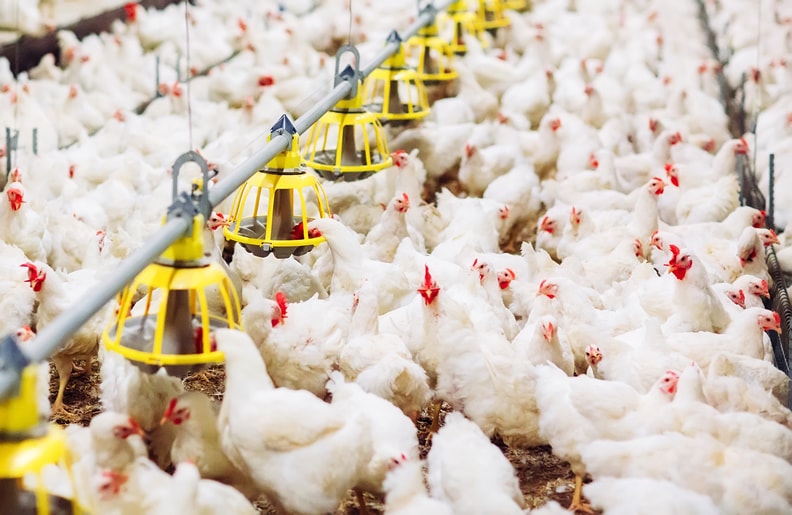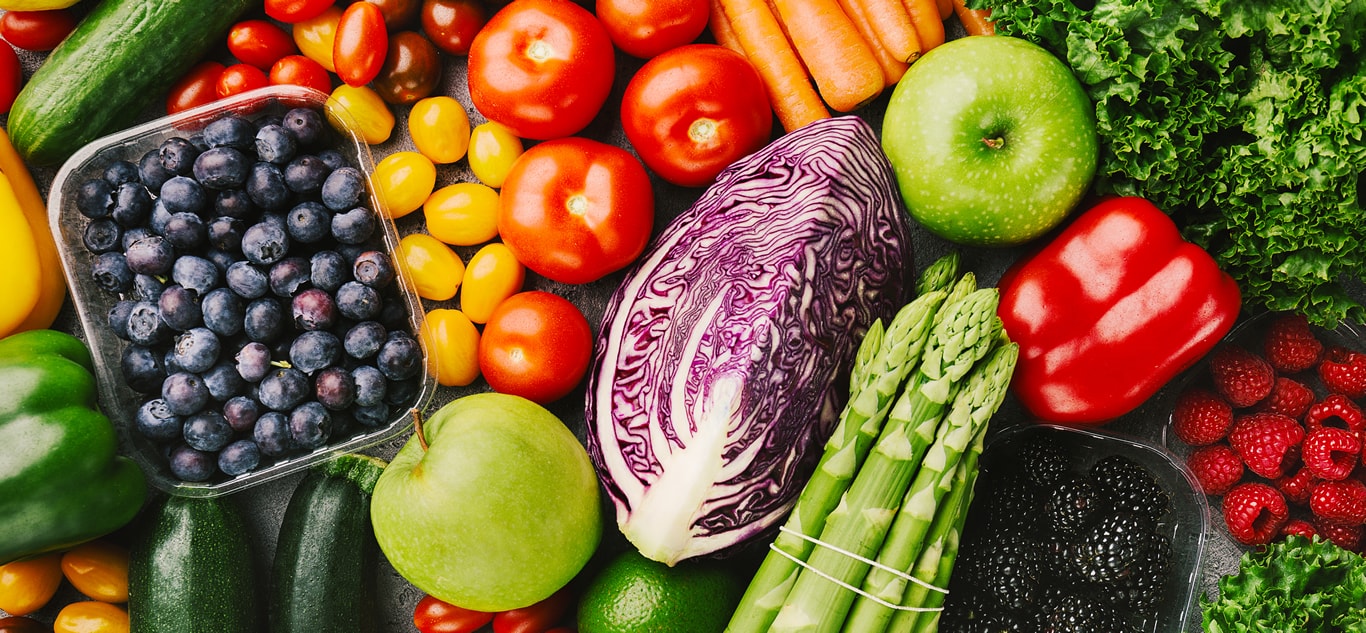Antibiotic Determination

Hormones and Antibiotics in Food
Foods of animal origin such as meat and meat products, eggs, milk, cheese and yogurt play an important role in human nutrition due to their nutrients such as essential amino acids, fatty acids, vitamins and minerals. Foods of animal origin are foods that should be consumed regularly for everyone, especially children in the developmental age, especially because they are a source of protein. The biological value of the proteins they contain is higher than plant foods.
Foods of animal origin can be rich in nutrients but can also contain animal-borne diseases or drug residues. Foods that are likely to contain disease or drug residues should be regularly analyzed and precautions should be taken before reaching the consumer.
The most common drug residues found in foods of animal origin are antibiotics, which are mostly ingested through their feed and water. Antibiotics, which are used to prevent and control diseases, are not fully metabolized in the organism and cannot be fully excreted, so they are passed to humans through food to be consumed and have long-term negative effects on human health.
What is an Antibiotic?
Antibiotics can create resistance against pathogenic microorganisms. They can cause antibiotic allergy in humans and antibiotic residues in milk can cause economic losses by preventing culture development during the production of dairy products.
Hormone residues in foods of animal origin are another important issue. Natural and synthetic hormones are widely used to increase animal growth and feed utilization. However, due to their toxic effects on human health, their use in foods is prohibited by the directive 96/22/EC issued by the European Union.
Hormones and hormone-like products are used to increase protein synthesis, especially in slaughter animals. Hormone residues can cause hormonal disorders, carcinogenic effects, nervous complications and atherosclerosis in humans.
The amount of antibiotics and hormones in foods of animal origin is limited within the scope of the "Communiqué on Amendment to the Turkish Food Codex Communiqué on Maximum Residue Limits of Veterinary Drugs in Foods of Animal Origin" and the "Communiqué on Hormones and Similar Substances Prohibited to be Applied to Animals with Food Value and Subject to Certain Conditions".
NANOLAB carries out Antibiotic and Hormone Determination studies in foods with TÜRKAK accreditation in our laboratories serving in many parts of Turkey.

